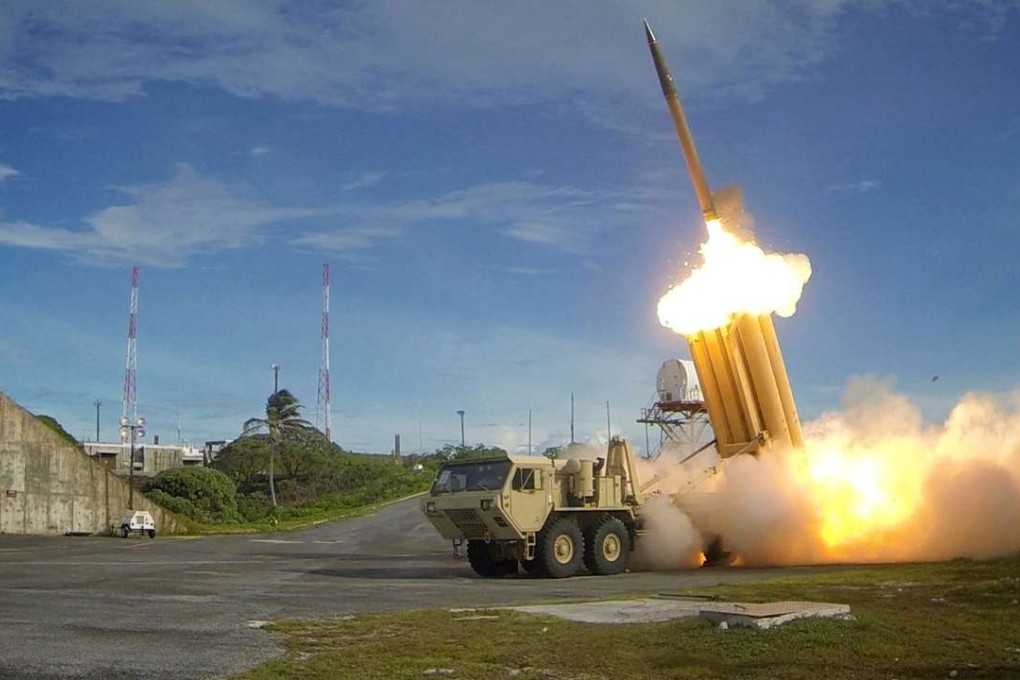Sino File | Opinion: Why China’s shadow boycott of South Korea is self-defeating
If Beijing keeps breaking free-trade rules to make its foreign-policy points against rival nations, it will hurt domestic markets and lose international stature

What does the anti-ballistic missile system known as Terminal High Altitude Area Defence (THAAD) have to do with K-cosmetics, K-surgery and K-pop?
Nothing – but try telling that to China.
As a reaction to the South Korean deployment of the US-developed THAAD, designed to protect against a nuclear attack from North Korea, China has launched a kind of shadow boycott of almost all things South Korean. Economic retaliations violate the World Trade Organisation (WTO) treaty, among others, so the government has, as it so often does, made it unofficial, raising trade barriers through tightened regulations, setting up custom procedural obstacles and influencing consumers through state-media led campaigns.

China’s foreign-policy makers have increasingly seen retaliatory trade actions as legitimate tools. In recent years, China has flexed its economic muscle more frequently and on a wider range of issues, mixing its economic rewards and punishments to achieve foreign policy goals.
It has used its economic clout to deter arms sales to Taiwan, punish any nation contacting the Dalai Lama, contest territorial disputes and challenge rivals in diplomatic standoffs.
